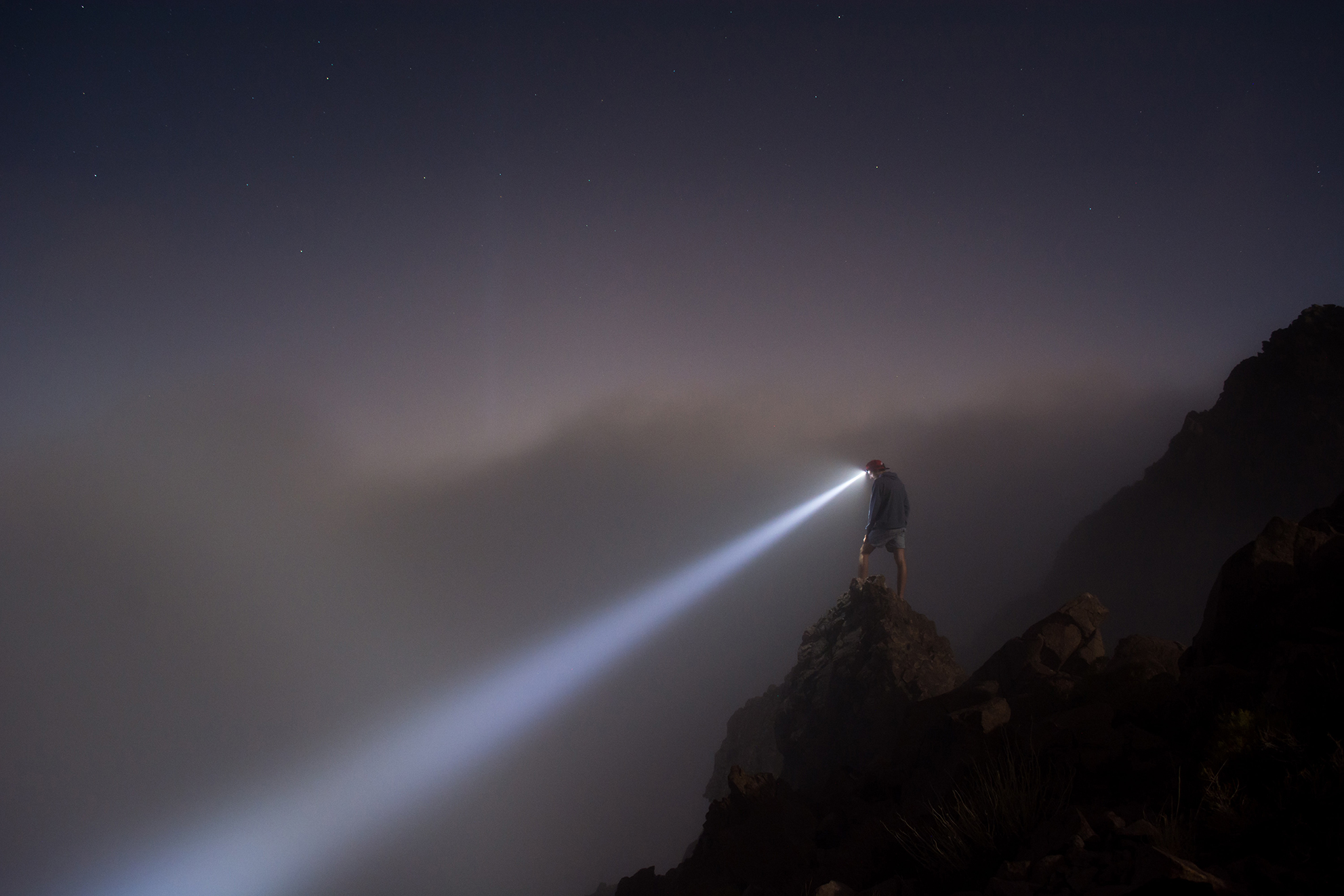Little kids are the greatest disciples of Socrates and they don’t even try.
I mean that they are perhaps the perfect embodiment of one of the more famous statements attributed to him: “I know that I know nothing.” Of course we all know that kids know nothing. But kids also understand this to be true; that’s why they ask so many questions. These questions might seem trivial to our ears but they’re much more significant to children, for the simple reason that they are one of the only means by which kids can attempt to understand the world we take for granted.
The only reason why we get frustrated with kids and their dumb questions is because they force us to confront our own laughable inadequacies. It’s not actually because of how many questions they ask, but because we quickly realize that their line of questioning will lead somewhere we ourselves are unable to go.
“Why is grass green?” your local child inquires.
“Because it reflects green light.”
“Why?”
“Because, well, there’s a green pigment called chlorophyll inside the grass,” you respond as you think back to the last time you took a biology class.
“Why?” they continue. A breeze blows. You’re thinking of an exit strategy.
“Because the pigment helps feed the grass and the grass needs food to survive. By the way, we should get some food ourselves! How’s ice cream sound?” You pray that this response will tide them over.
“Why?” It doesn’t; the child rejects the olive branch you’ve extended. Their eyes seem oddly accusatory. You decide to appeal to authority.
“Because I said so, buddy.”
“Oh.”
________________________
Obviously (hopefully?) this is an exaggerated scenario. But the broader point to be drawn is that the older you are, the easier it is to forget that there are many things you still don’t know about the world. The solution for when we are confronted with this fact is not to resort to bribery or sheer power; rather, an honest accounting of what we do and do not know should result in a child-like approach to truth. For how can we ask serious questions without first accepting that we don’t currently know the answers to them and possibly never will?
By virtue of not knowing anything, kids are the most curious people of all. Do we really know any better?
I’ll end by quoting someone far more articulate than me, the writer and poet Rainer Maria Rilke:
“Be patient toward all that is unsolved in your heart and try to love the questions themselves, like locked rooms and like books that are now written in a very foreign tongue. Do not now seek the answers, which cannot be given you because you would not be able to live them. And the point is, to live everything. Live the questions now. Perhaps you will then gradually, without noticing it, live along some distant day into the answer.”
